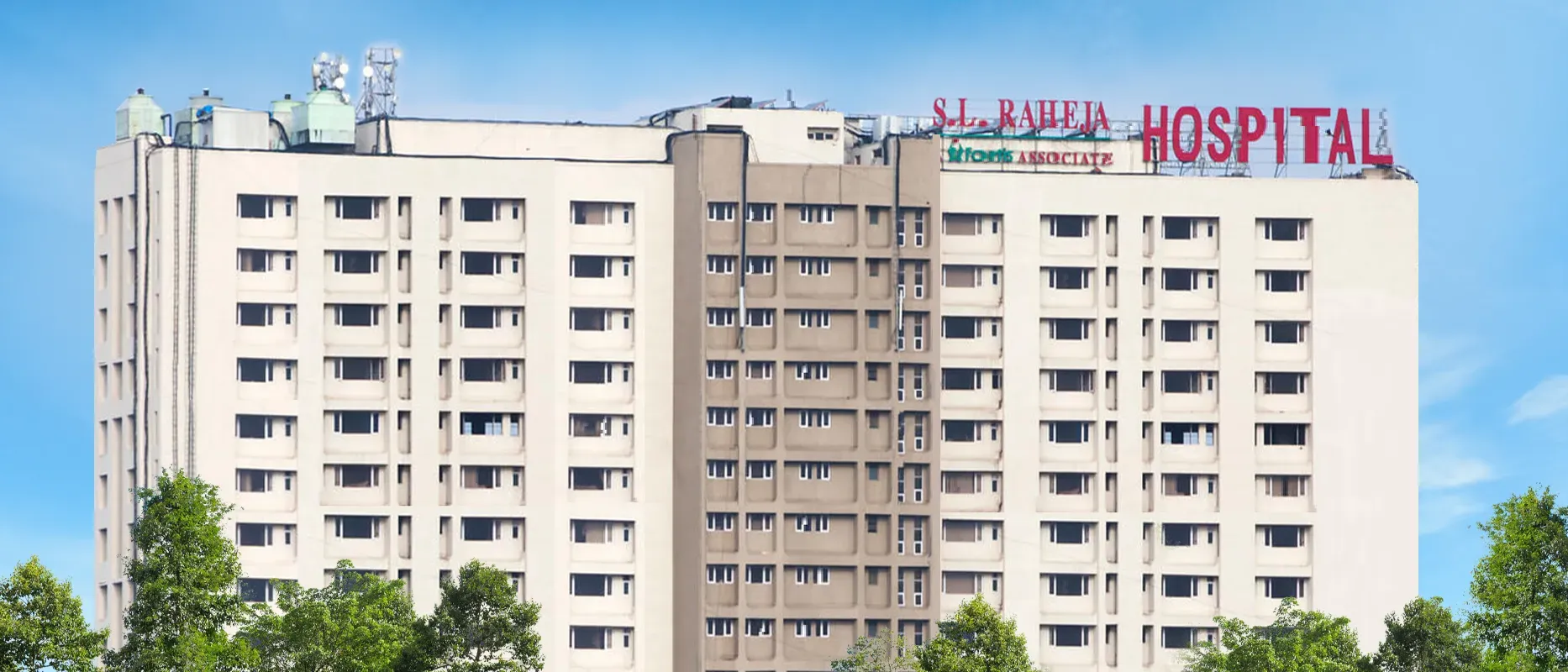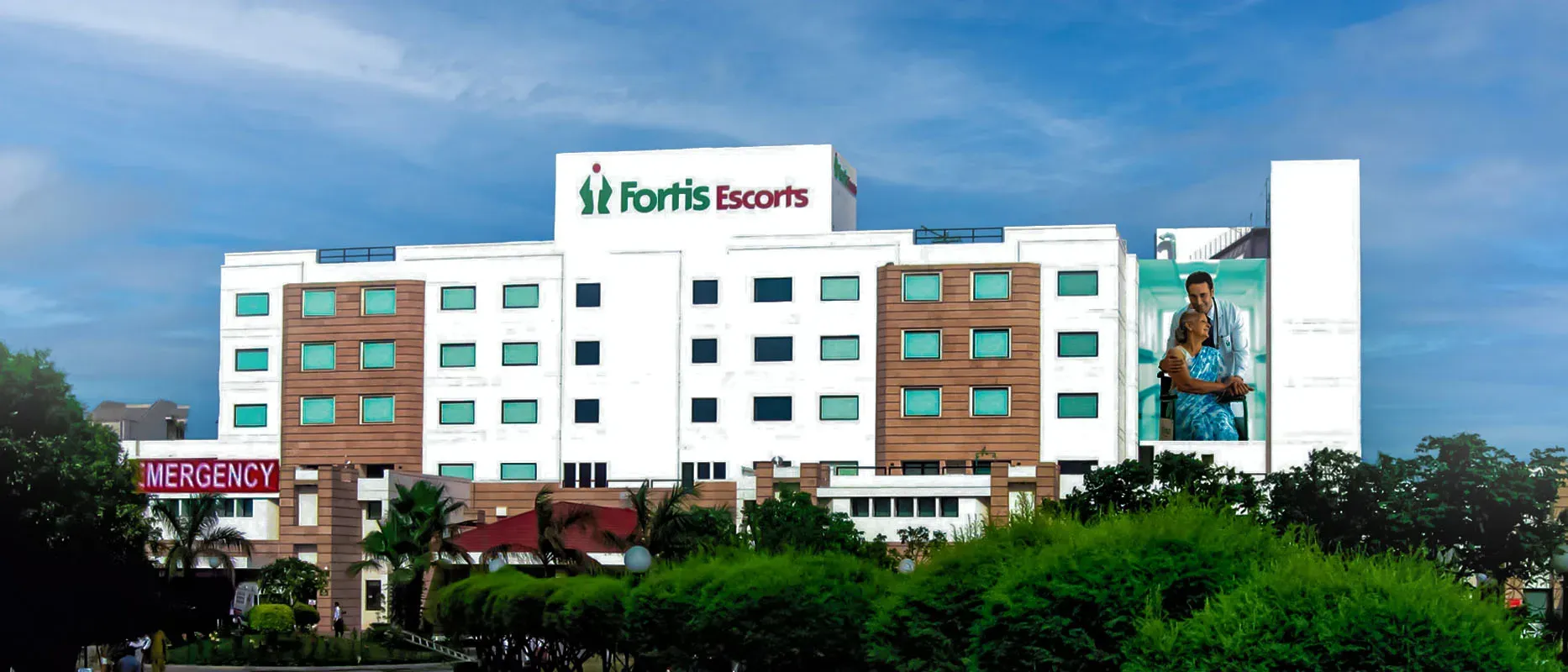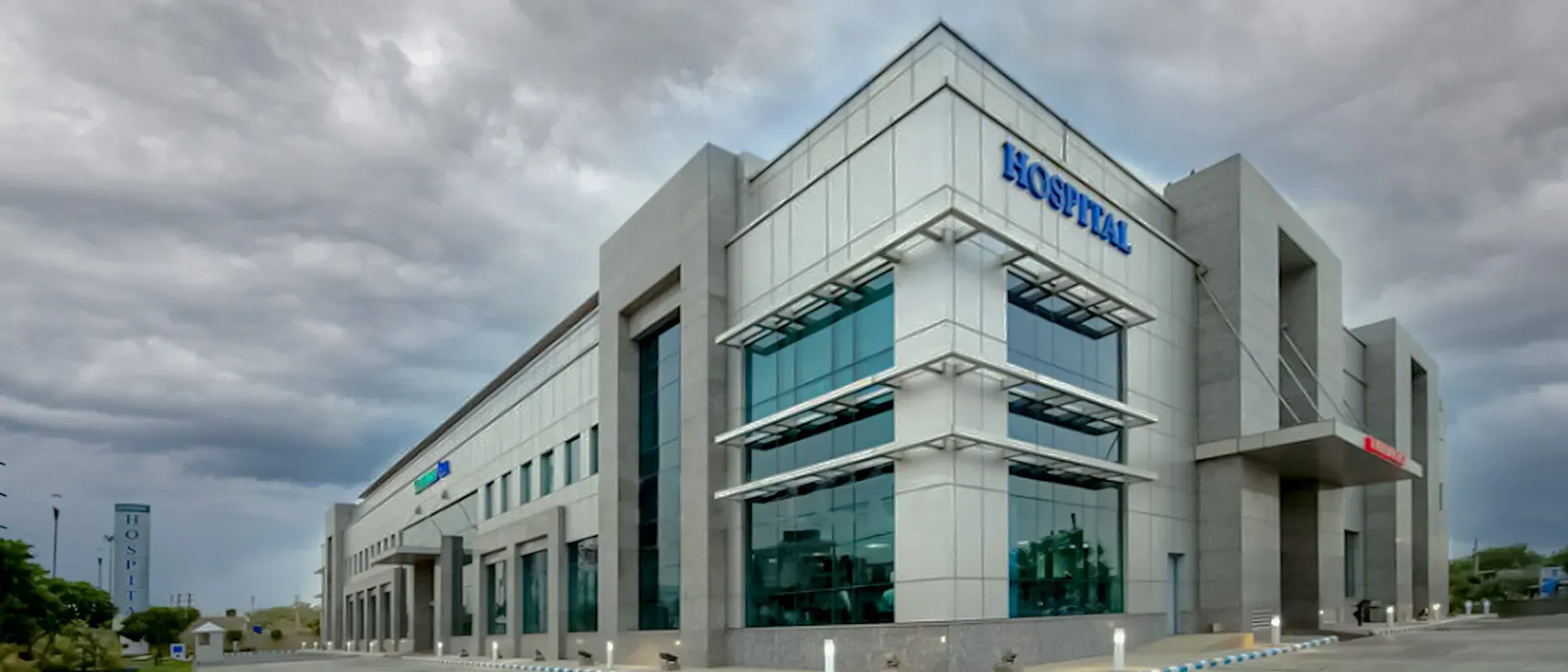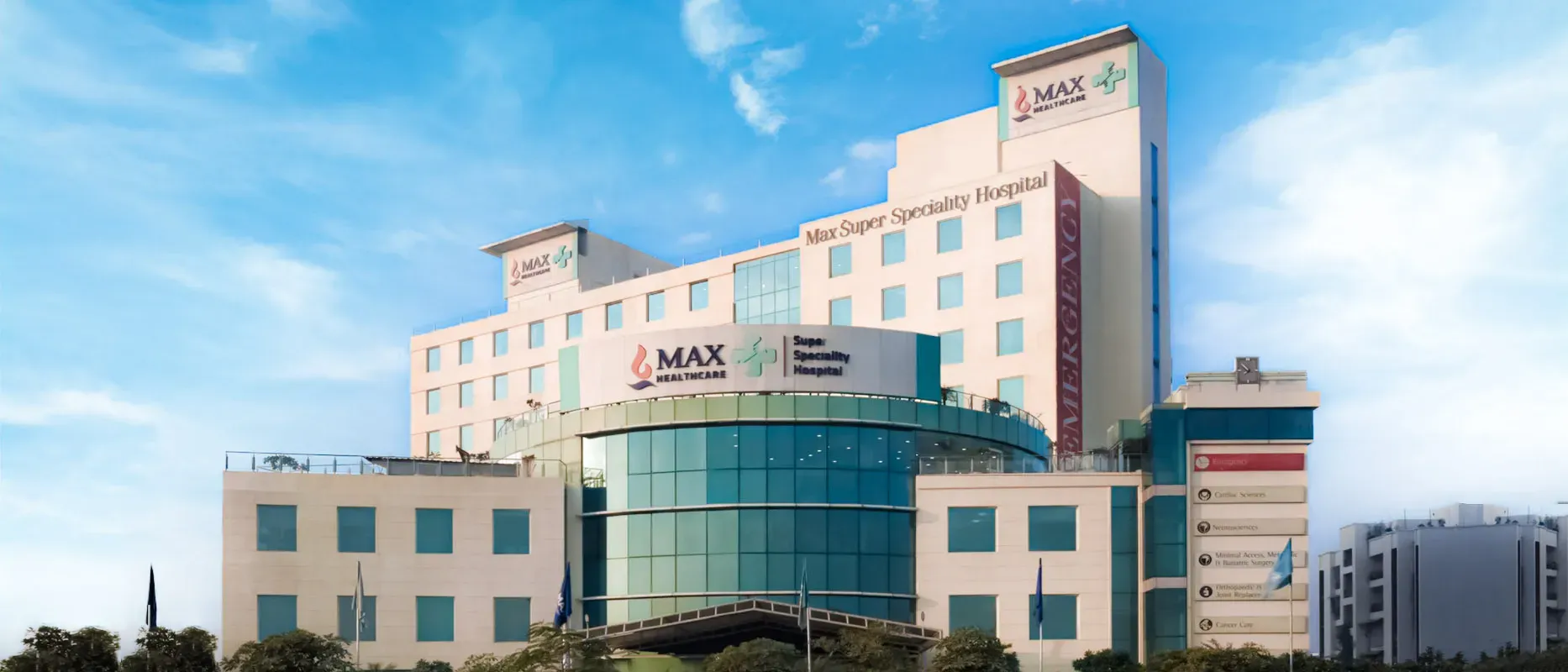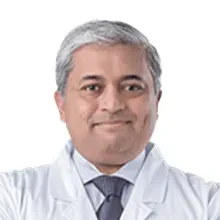Overview of Spine Surgery Treatment in India
When the spine is affected by injury, degenerative disease, or excessive forces, its normal movements can be hindered. In such cases, surgical procedures are carried out to restore the function of the spine. Problems related to spine functionality may include restricted motion, severe pain caused by nerve root involvement, and numbness. Different types of spine surgeries, such as disc replacement, decompression, laminectomy, or spinal fusion, are performed based on the individual's specific needs.
The cost of spine surgery treatment in India ranges from ₹ 1,00,000 to ₹ 6,50,000. Factors affecting the cost may include admission fees, the skill of the surgeon, the age and condition of the patient, the type of surgery, medical conditions, complications, and diagnostic tests. The rehabilitation after spine surgery is necessary for recovery and may cost ₹ 600 to ₹ 1200 per session.
Types of Spine Surgery Treatment in India
The types of spine surgeries that are used for various diseases are as follows:
- Laminectomy
- Spinal Fusion
- Discectomy
- Artificial Disc Replacement
- Foraminotomy
- Spinal Decompression
- Spinal Cord Stimulator Implant
- Vertebroplasty and Kyphoplasty
- Microdiscectomy
- Spinal Tumor Surgery
- Minimally Invasive Spine Surgery (MISS)
- Robotic Spine Surgery
Laminectomy
It is a surgical procedure in which the lamina or body of the bone spine is removed to relieve the pressure from nerves and the spinal cord. In this surgery, the space is created in the spinal canal for the nerves. It is commonly used to treat conditions like spinal stenosis and herniated discs.
Spinal Fusion
Spinal fusion is a procedure used in spine surgery. It is performed when the spine is unstable. In this surgery, the two bones of the spine are fused to provide more stability to the spine. It offers great support but allows very little mobility.
Discectomy
In this type of spine surgery, the damaged part of the disc or the herniated disc is removed which causes pressure on nerves present in the surroundings. The removal of disc relieves the pressure on nerves and helps to reduce the symptoms of pain.
Artificial Disc Replacement
In artificial disc replacement surgery, a damaged disc in the spine is replaced with an artificial one to maintain natural mobility and relieve the symptoms of pain. This is mostly performed in younger patients to increase the quality of life.
Foraminotomy
In the surgical procedure of foraminotomy, the surgeon widens the opening in vertebrae to relieve pressure on nerves due to conditions in which the opening becomes extremely narrow and causes pressure on nerves.
Spinal Decompression
In decompression surgery, the pressure on the spinal cord and nerves due to any reason is relieved to reduce the associated symptoms. The discectomy and foraminotomy are also spinal decompression procedures.
Spinal Cord Stimulator Implant
This is a minimally invasive procedure in which a device is implanted near the spine to send electrical pulses that help to reduce the signals of pain. This treatment is often used for chronic back or leg pain and is suitable for patients for whom the other surgical treatments are not suitable for some reason.
Vertebroplasty and Kyphoplasty
Both these procedures involve injecting a cement-like substance into fractured vertebrae to provide stability to the spine and to relieve pain. These procedures are most commonly used for spinal compression fractures.
Microdiscectomy
It is a type of minimally invasive procedure in which a herniated disc is removed to relieve nerve pressure. This procedure is performed with small incisions with the advantage of faster recovery.
Spinal Tumor Surgery
Spinal tumor surgery is performed when tumors develop in or around the spine. When the tumor is present in the spine, it can cause pressure on the spinal cord and nerves so it requires surgery to remove the tumors and to relieve pressure on the spinal cord.
Minimally Invasive Spine Surgery (MISS)
It is an advanced approach that uses small incisions and specialized instruments to reduce the damage to surrounding tissues during the surgical procedure of the spine. It has the advantage of faster recovery and fewer complications and post-surgical risks.
Robotic Spine Surgery
This is an advanced type of technique that combines robotics with the skills of surgeons. The healthcare provider uses a robotic system that helps in surgical procedures for greater precision and accuracy.
Cost & Diagnosis of Spine Surgery Treatment in India
The Role of Rehabilitation after Spine Surgery
Physical therapy plays an important role in the recovery process after spinal surgery. It is a specialized and structured approach to help patients regain their physical function, mobility, and strength. A skilled physical therapist assesses the condition of the patient and then forms an individualized rehabilitation plan, and guides them through exercises and movements that are safe and effective for their specific surgery. Physical therapy may start shortly after surgery, and the therapist works closely with the patient to address pain management, muscle strengthening, flexibility, and posture correction. This therapeutic approach is vital for preventing complications, such as muscle atrophy or joint stiffness, and helps to promote a quicker return to daily activities. The therapist educates patients about body mechanics, safe movement patterns, and exercises to improve their overall quality of life after spine surgery.
Importance of Rehabilitation after Spine Surgery
Restore Functional Abilities: Spine surgery may temporarily limit the mobility and physical capabilities of the patient. Rehabilitation plays a role in helping the patients regain their strength, flexibility, and range of motion. It provides a quicker return to their normal daily activities.
Effective Pain Management: Postoperative pain and discomfort are common concerns. Rehabilitation programs also have many pain management techniques in which exercises and strategies to alleviate pain are used for the healing process.
Prevent Muscle Weakness: Immobility after spinal surgery can lead to muscle weakness and wasting of bulk. Rehabilitation helps to preserve muscle mass and promote spinal stability.
Risk Reduction: Patients who engage in rehabilitation are less prone to developing postoperative complications such as blood clots, pressure sores, or joint stiffness. These programs focus on maintaining mobility and reducing the chances of complications after surgery.
Improved Quality of Life: Rehabilitation helps patients to return to work, hobbies, and social interactions without pain which ultimately helps to enhance the overall quality of life of patients.
Education and Awareness: Rehabilitation programs also educate patients on proper body mechanics, safe lifting techniques, and maintaining good posture. This knowledge helps individuals to protect their spine and reduce the risk of future injuries.
Psychological support: Recovery can be emotionally challenging for some patients. Rehabilitation offers psychological support to help patients manage their feelings during the whole process of recovery.
Personalized Care: Rehabilitation programs involve treatments and exercises that are specifically designed to help the patient according to the type of surgery. The individualized treatment can help the patient to gain mobility in the area of injury.
Preventing Recurrence: For some specific diseases like herniated discs or spinal stenosis, rehabilitation can help to prevent the recurrence of symptoms. These can help for the long-term success of the surgical intervention.
Faster Recovery: Engaging in rehabilitation speeds up the recovery process which allows the patients to return to their daily lives, work, and activities faster. The rehabilitation improves circulation in the area of surgery which promotes healing and recovery.
Cost of Spine Surgery Treatment in India
The cost of spine surgery treatment in India ranges from ₹ 1,00,000 to ₹ 6,50,000. The cost is different for different procedures of spinal surgeries. The cost can also vary in complicated cases in which patients have other medical conditions like kidney disease or heart disease.
| Spine Surgery Treatment Cost in India |
Min in INR |
Max in INR |
| Laminoplasty |
₹ 1,50,000 |
₹ 2,02,000 |
| Scoliosis Spine Surgery |
₹ 4,83,000 |
₹ 6,45,000 |
| Spine Decompression Surgery |
₹ 1,94,000 |
₹ 2,60,000 |
| Prolapsed Disc |
₹ 1,33,200 |
₹ 1,72,000 |
| Lumbar Laminectomy |
₹ 1,63,000 |
₹ 2,19,000 |
| Spinal Fusion Surgery |
₹ 3,28,000 |
₹ 4,39,000 |
| Cervical Spine Surgery |
₹ 3,05,000 |
₹ 4,10,000 |
| Disc Herniation |
₹ 2,39,000 |
₹ 3,20,000 |
| Cervical Spondylosis |
₹ 4,40,000 |
₹ 5,88,000 |
| Anterior Cervical Discectomy |
₹ 2,34,000 |
₹ 3,14,000 |
| Kyphoplasty |
₹ 1,81,000 |
₹ 2,43,000 |
| Cervical Corpectomy |
₹ 2,70,000 |
₹ 3,61,000 |
City Wise Spine Surgery Treatment Cost in India
| Cost of Spine Surgery Treatment in different cities of India |
Min in INR |
Max in INR |
| Bangalore |
₹ 1,00,000 |
₹ 2,65,000 |
| Delhi |
₹ 1,00,000 |
₹ 5,45,000 |
| Mumbai |
₹ 1,00,000 |
₹ 4,50,000 |
| Gurgaon |
₹ 1,00,000 |
₹ 2,65,000 |
| Chennai |
₹ 1,00,000 |
₹ 2,45,000 |
| Hyderabad |
₹ 1,00,000 |
₹ 2,00,000 |
| Pune |
₹ 1,00,000 |
₹ 2,40,000 |
Symptoms & Risk Factors of Spine Surgery Treatment
The conditions in which the spine surgeries are performed are listed below:
- Spinal Stenosis
- Herniated Disc
- Spondylolisthesis
- Scoliosis
- Degenerative Disc Disease
- Foraminal Stenosis
- Chronic Back Pain
- Compression Fractures
- Spinal Tumors
- Spinal Trauma
- Spinal Instability
- Osteoarthritis of the Spine
- Spinal Infections
- Spinal Deformities
- Sciatica
- Spinal Cord Compression
- Radiculopathy
- Failed Back Surgery Syndrome
- Spinal Cord Injury
- Spinal Nerve Impingement
- Kyphosis
- Ankylosing Spondylitis
- Spinal Fractures
- Spinal Cysts
- Osteoporotic Fractures
- Discogenic Pain
- Facet Joint Arthritis
- Thoracic Outlet Syndrome
- Cervical Radiculopathy
- Lumbar Radiculopathy
Risk Factors of Spine Surgery Treatment
The risks that are associated with spine surgery treatment are described below:
Infection at the surgical site
After spine surgery, there is a risk of developing an infection at the site of the surgical area. The infection can cause severe complications like poor wound healing and fluid buildup.
Bleeding or hematoma
Excessive bleeding can occur during or after the surgical procedure of the spine. The complications can lead to loss of blood which can be a life-threatening situation and may require additional treatment.
Nerve damage
Sometimes, the surgery can lead to the injury or trauma of nerves which can cause severe impairment in sensations and movements and may lead to weakness, numbness, or tingling in specific areas of the body.
Anesthesia-related complications
The administration of anesthesia has also risks for many sensitive patients. These patients can experience symptoms like allergic reactions, breathing problems, or adverse responses to medications that are used during the surgery.
Blood clots
Surgery increases the risk of blood clot formation. The immobility after surgical treatment can cause the formation of blood clots in the legs which can later travel to the lungs and can cause death.
Allergic reactions
Some patients may experience allergic reactions to medications or materials used during the surgical procedures of the spine. However, this complication occurs only in some patients.
Hardware failure
In the cases of spinal fusion or implant surgeries, there is a risk of hardware failure that is used in the surgery. These may include screws, rods, or other implanted devices that can dislodge or fail to provide stability to the spine.
Poor wound healing
Complications like delayed wound healing or damage to the structures may develop after surgery which may require further medical management.
Adverse reactions to bone graft material
In cases where bone graft material is used in spinal fusion procedures, some patients may have adverse reactions or difficulties due to the foreign material of grafts.
Postoperative pain and discomfort
After surgery, patients may experience pain or discomfort, which can be managed effectively with some medications and appropriate pain management strategies.
Scar tissue formation
Surgical interventions can lead to the formation of scar tissue which may compress nerves and give rise to pain. This occurs due to poor technique used in the surgery.
Graft site pain
Some individuals may experience pain at the location from which bone graft material is obtained. The pain can limit the activities of daily living of the patient.
Complications related to pre-existing medical conditions
Patients who have other medical conditions like heart disease, kidney disease, hypertension, and diabetes can experience some complications during or after the surgery of the spine.
Failure to alleviate symptoms
There are instances where surgery may not achieve the intended relief of the patient's symptoms or the desired treatment outcome.
Need for revision surgery
In cases where complications or symptoms reappear after some time and the surgery fails to relieve pressure on the nerves, another revision surgery may be required.
Pseudoarthrosis
This term refers to the absence of successful fusion between vertebrae in spinal fusion surgery that may also need additional medical intervention.
Adjacent segment degeneration
Occasionally, the spinal segments located above or below a fusion site may develop problems that can lead to a condition known as adjacent segment degeneration.
Non-union
In spinal fusion surgery, non-union can occur when the vertebrae fail to fuse as intended.
Postoperative scarring or adhesions
The development of postoperative scarring or adhesions may result in pain and reduced mobility in the area of surgery. This complication can also occur due to poor wound healing.













